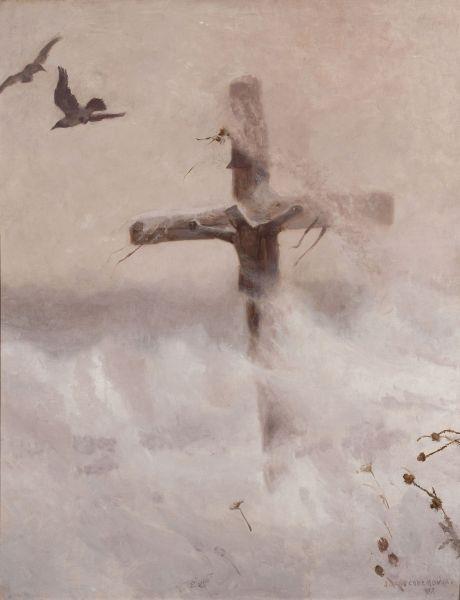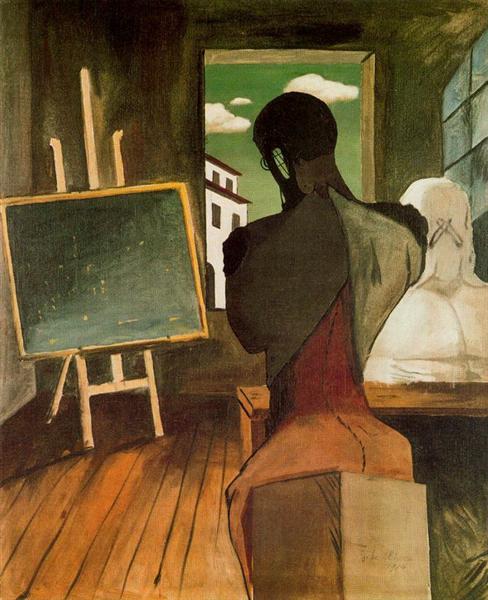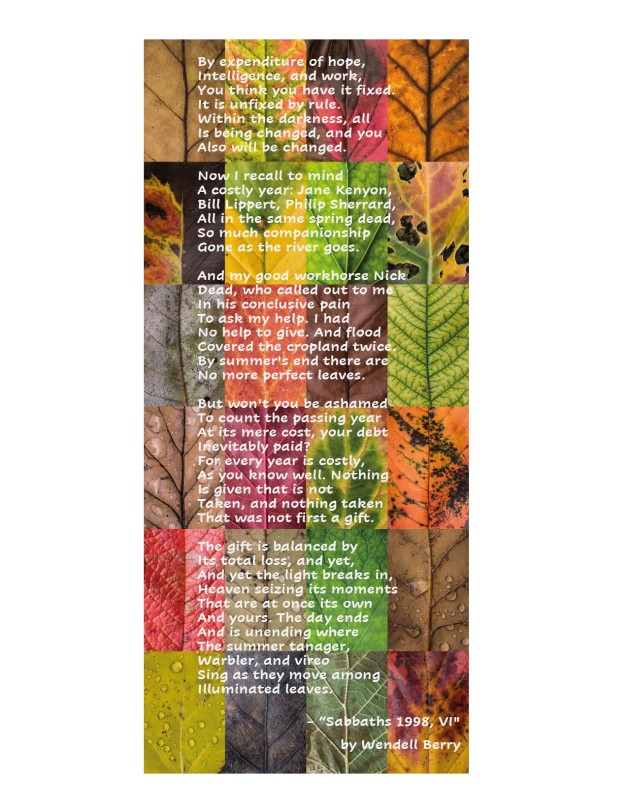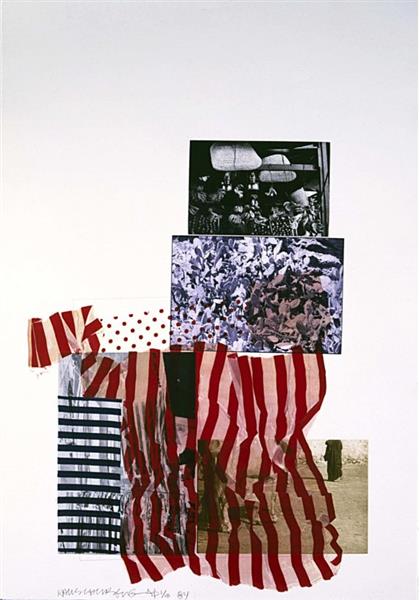I am earworm-prone at the best of times. Musically, tunes often get stuck for no rhyme or reason and threaten to drive me out of my own mind. Lyrically, however, the lines I latch onto tend to be significant indicators of my mental state. Of course, in the worst of times, the mind races, and all these phrases become less helpful as they overlap at higher and higher rpms. I have to unspool and untangle them to make sense of them and self-diagnose.
Today’s first earworm is actually the title of a Harvard Business Review article: That Discomfort You’re Feeling is Grief. I absolutely recommend you read it right now, if you need to hear that it’s okay to be a “swirling, curling storm” (ay, there’s the lyric) of all the feels and how to weather that storm. This one has the prosaic advantage of directness and requires little to no unpacking. But it’s proving deadly accurate. Just about every conflicted emotion and thought of the day held up against that statement confirms it. That Discomfort You’re Feeling is Grief. Why, yes, yes it is, now that you mention it. That seems premature, but [several beats here while I actually read the article instead of just having the portentous, disembodied headline echoing in my head] yes.
Most of us have lost something of value at this point, and it only compounds our anxiety that there is no consensus about how much more we stand to lose or for how long. Not only is the ground is shifting beneath us, but the fissures and faults in the lay of the land are also being laid bare.
With my brain currently functioning as sort of sloppy concordance on the themes, it’s struck me recently how Scripture distinguishes between different forms of grief, sorrow, and distress; there are times they are appropriate and times they are inappropriate; ways they can harm us and ways they can be redemptive. “In fact, to be distressed in a godly way causes people to change the way they think and act and leads them to be saved. No one can regret that. But the distress that the world causes brings only death” (2 Corinthians 7:10, God’s Word Translation).
Repentance, in today’s world, is for suckers. It involves self-incrimination in a culture that constantly reminds of our rights to remain silent, plead the fifth, and shift the blame. Feeling guilty without admitting guilt and anxiety without corrective action are forms of worldly sorrow. Admitting guilt is what allows us to stop wallowing in it. Responding properly to the conviction that we’ve done wrong is an opportunity to find redemption in the consequences. In her chapter on Lent in The Circle of Seasons: Meeting God in the Church Year, Kimberlee Conway Ireton writes
“There is nothing self-flagellating about repentance. In fact, true repentance is just the opposite: it frees us…. Like fasting, repentance creates space in our lives; it allows us to hear the voice of God speaking to our hearts. Through repentance we become reacquainted with our truest selves, the selves God created in his own image” (p. 78).
Or, as the old-school version of 2 Corinthians 7:10 on repeat in my head goes, “godly sorrow produces repentance leading to salvation” (NKJV). I love the bounds that makes in so few words, from distress to rescue.
Which brings me to my final earworm, courtesy of Bastille’s “Pompeii.”
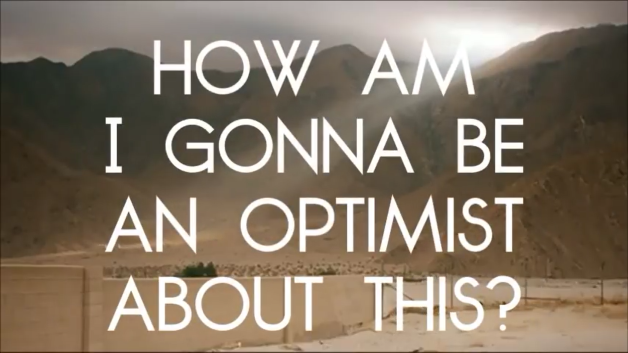
Where on earth did that question come from? I mean, the obvious answer is that I’m not. I don’t get to be optimistic before anyone, much less myself, has any idea of what we’re dealing with here. I’m in the held breath calm before a storm of utterly uncertain size, and grinning about how it’s all going to be okay when they’re using exhibition centers as field hospitals and ice rinks as morgues in Madrid would be downright creepy.
And yet, in the midst of coming to terms with my small personal losses, empathizing with friends with larger concerns, and mourning with those dealing with ultimate concerns, the hope- and future-oriented pinwheels of my racing mind are spinning as well.
That discomfort we’re feeling is grief, but in response to it, the Harvard Business Review is urging us to “stock up on compassion.” And a lot of people are doing so, eagerly.
There’s something encouraging in the collective grief of facing how precariously most of us really live. God can make use of that kind of sorrow. That kind of conviction can lead to the kind of repentance that makes real change possible.
“See what this godly sorrow has produced in you: what earnestness, what eagerness to clear yourselves, what indignation, what alarm, what longing, what concern, what readiness to see justice done.” 2 Corinthians 7:11a (NIV)
We are, beyond a doubt, alarmed, but it’s making us listen again. We’re hearing more good faith explorations of ethical questions, bordering at times on my vague memories of civil discourse. We’re collectively confronting the quandary of whom to save in the trolley dilemma, and questioning a system that seems most concerned with saving the trolley. It’s appalling to witness, but some scales fall away from our eyes when our elected officials propose literal human sacrifice on the altar of capitalism to appease the gods of the market.
None of this is cause for optimism, per se. “To be an optimist about this” has nothing do with expressing blind faith in human capabilities or pretending a deadly virus is a godsend. It doesn’t mean disregarding disheartening realities; it means letting our godly sorrow change the way we think and act in the face of them. It means devoting ourselves less to clawing our way back to a broken status quo and more to cultivating an earnest readiness, longing, and concern to see justice established where it was not before.
